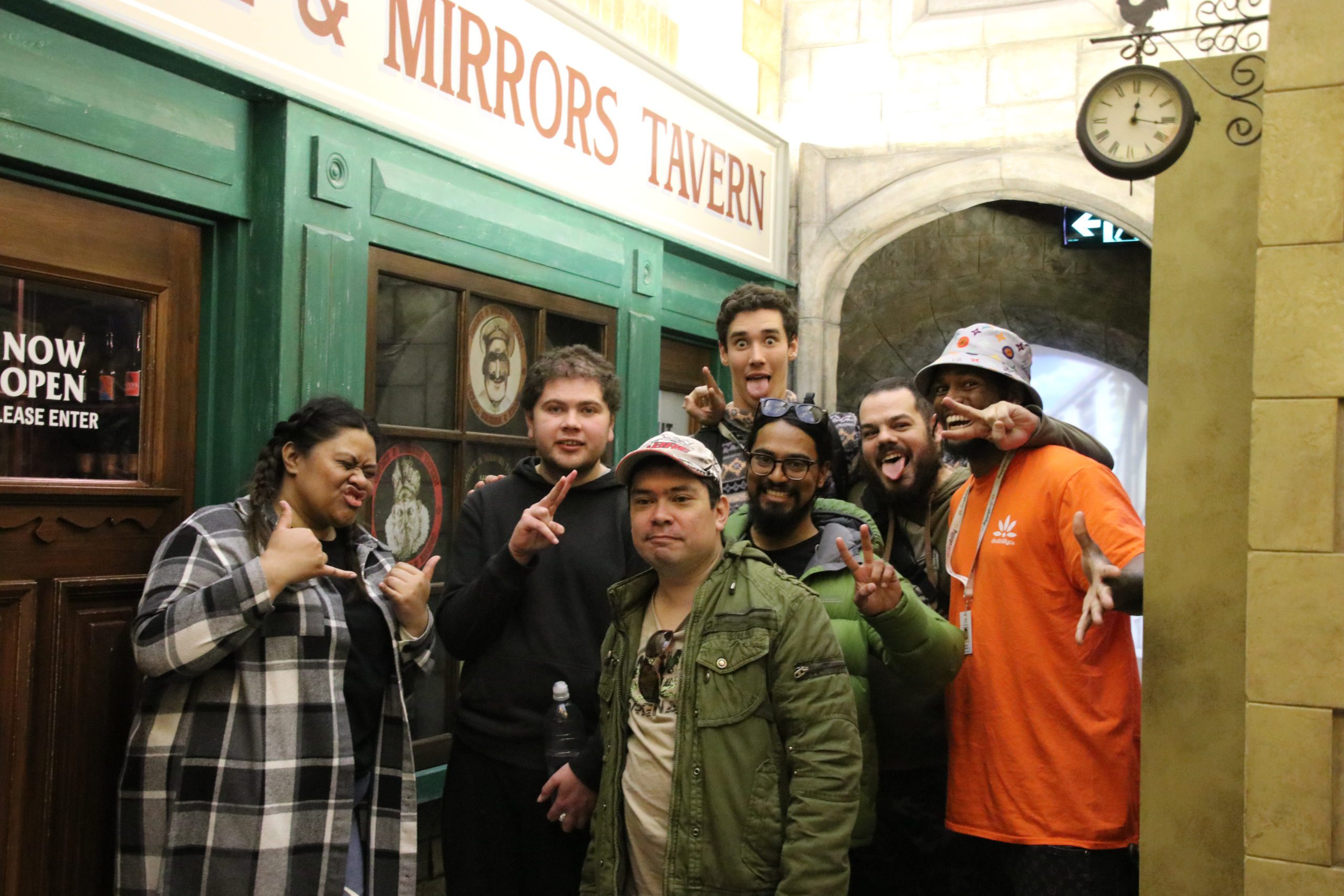What does a quality Registered Care Provider look like?
If you have a disability or are supporting someone in the family with a disability, you must have heard stories of registered care providers that have completely missed the mark in providing a quality care service, perhaps an inability to fill routine shifts or placing people in care that just don’t have the right skill set for the specific client.

Chrissy Evans, a mother of an autistic adult, explains how The Disability Company’s approach to quality care is different from other registered providers and independent support workers she has used in the past for her son, Bryce.
“I’ve seen bigger organisations matching the wrong people with clients just so they can fill the shift quickly. For example, matching my son with really young inexperienced support workers when he has clear behaviours of concerns.”
Chrissy Evans - Mother of Client Tweet
Founder and Director of The Disability company, Dylan Maliepaard, spent countless hours understanding The Disability Act, NDIS regulations, advocacy rights, the psychology of care, clinical procedures, and different care service models in Australia and overseas.
”It is important to keep learning about the foundations of quality care and how to improve the delivery of care to those most vulnerable in society.”
Dylan Maliepaard - Managing Director Tweet
The disability sector has changed since the introduction of the National Disability Insurance Scheme (NDIS). In the last two years alone, there has been a rapid growth in the number of registered and unregistered care providers, as well as independent support workers.
“There’s a lot of crazy cowboys out there. If you’re just in it for the money, you won’t get far. However, if the care provider has the heart to want to help others achieve their goals, their dreams and their life fulfilments, then ten out of ten they’re going to do a better job than another provider who is just wanting to scale and make a profit."
Dylan Maliepaard - Managing Director Tweet
Chrissy admits there are so many providers out there to choose from now, but the main difference she’s noticed from other big organisations is that The Disability Company is always willing to fill a shift with the right people, no matter how small the hours may be.
“The Disability Company works like a family with us and our support workers."
Chrissy Evans - Mother of Client Tweet
Dylan explains that quality care is getting to know both the client and support worker in a meaningful way, assessing both their expectations of care and putting in place a clear care plan and doing regular check-ins to see how the delivery of care can improve.
At The Disability Company, there is an in-house Registered Nurse, Support Worker Team Leader, and HR Recruitment Team, that work like a family with the Care Coordinators, to do quality performance checks and send care updates to the clients and their support team each month.
Kim McDonald, a Care Coordinator at The Disability Company explains that the office staff have over 20 years combined experience working with families living with disability, and most are supporting their own family members with disabilities.
“We understand the importance of the NDIS plan review and try our best to be one step ahead in preparing our care assessment reports and providing documentation from our support worker shift notes so everything can be used as evidence."
Kim McDonald - Care Coordinator Tweet
“Our Care Coordinators visit the homes of our clients to assess their care requirements in a personal way. It’s a great opportunity to make real face to face connections with our clients (especially after COVID-19) and get to know them as a person, and not just a name in our system."
Kim McDonald - Care Coordinator Tweet
After improving their employment frameworks and quality approach to the delivery of care since 2018, The Disability Company has provided over 140,000 hours of quality care to the South-East Melbourne community, and beyond. It has continued to expand its services and now provides short-term accommodation in the city, called Grattan House, which hosts fun and relaxing respite experiences in the city for all ages and abilities.
Find out more about this quality care service by visiting The Disability Company website or giving their super friendly team a call on 1800 897 848.
Check out more events and stories

Starting the New Year Right with Your NDIS Plan
Celebrate the strength, resilience, and leadership of people with disabilities on International Day for Persons with Disabilities. Learn how Disability Co is amplifying voices, fostering inclusion, and supporting individuals on their journey toward independence and leadership.

Embracing Christmas with the Support of NDIS: A Time for Joy, Care, and Inclusion
Celebrate the strength, resilience, and leadership of people with disabilities on International Day for Persons with Disabilities. Learn how Disability Co is amplifying voices, fostering inclusion, and supporting individuals on their journey toward independence and leadership.

Amplifying Leadership for an Inclusive Future
Celebrate the strength, resilience, and leadership of people with disabilities on International Day for Persons with Disabilities. Learn how Disability Co is amplifying voices, fostering inclusion, and supporting individuals on their journey toward independence and leadership.

What to Look for When Choosing an In-Home Care Service Provider
Choose an in-home care provider that is a Registered NDIS Provider with qualified staff, clear communication, personalized plans, and a focus on safety. They should offer flexible services and respect cultural preferences, ensuring independence and well-being.

Creating a Balanced Routine: Daily Tips for Individuals with Chronic Conditions
This article outlines strategies for individuals with chronic conditions to create a balanced daily routine, focusing on self-care, goal-setting, rest, and meaningful activities to enhance well-being.

The Benefits of SIL Housing for Individuals with Disabilities
Explore the numerous benefits of Supported Independent Living (SIL) housing for individuals with disabilities, highlighting how it fosters independence, personalized support, community integration, and overall quality of life.


